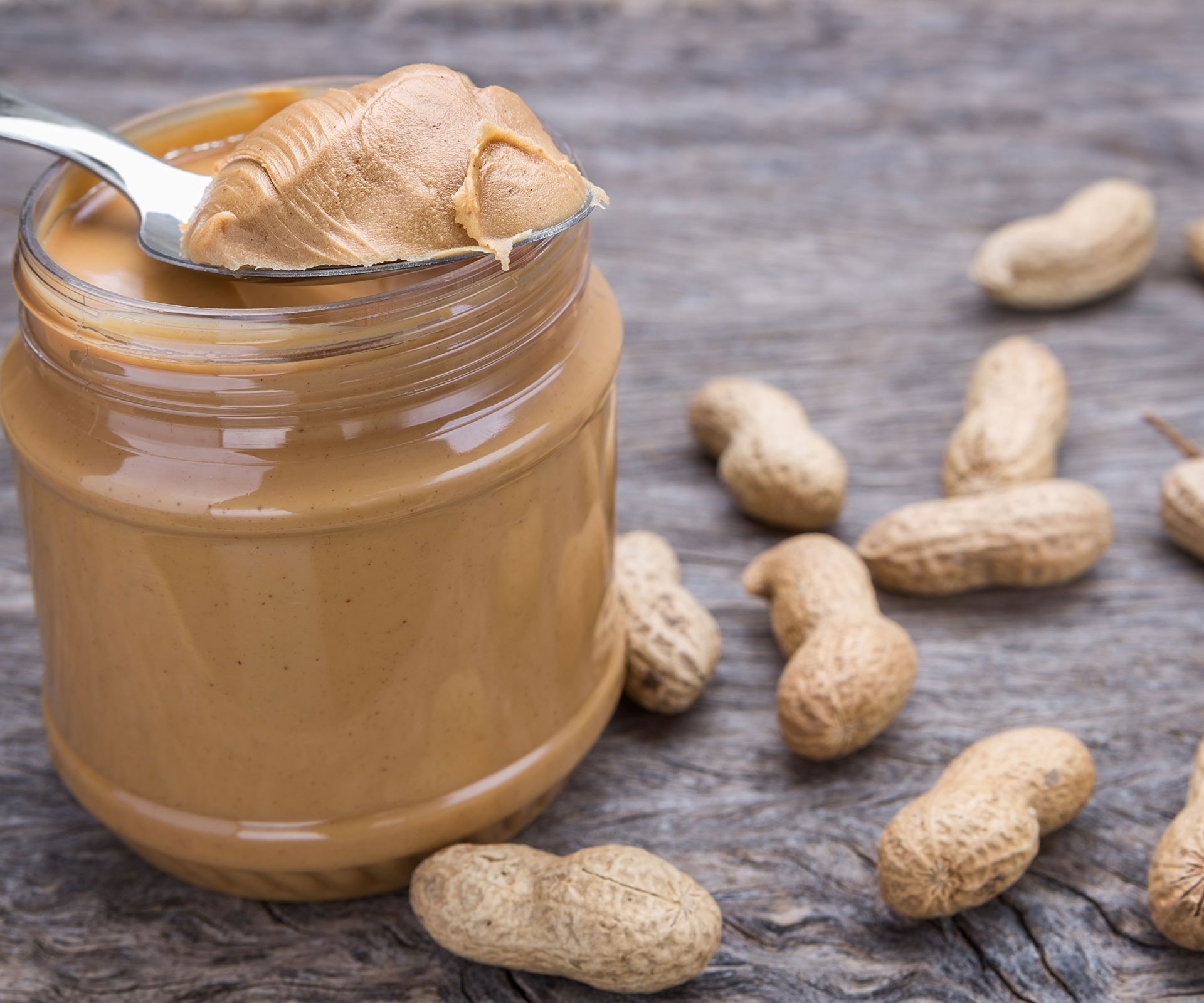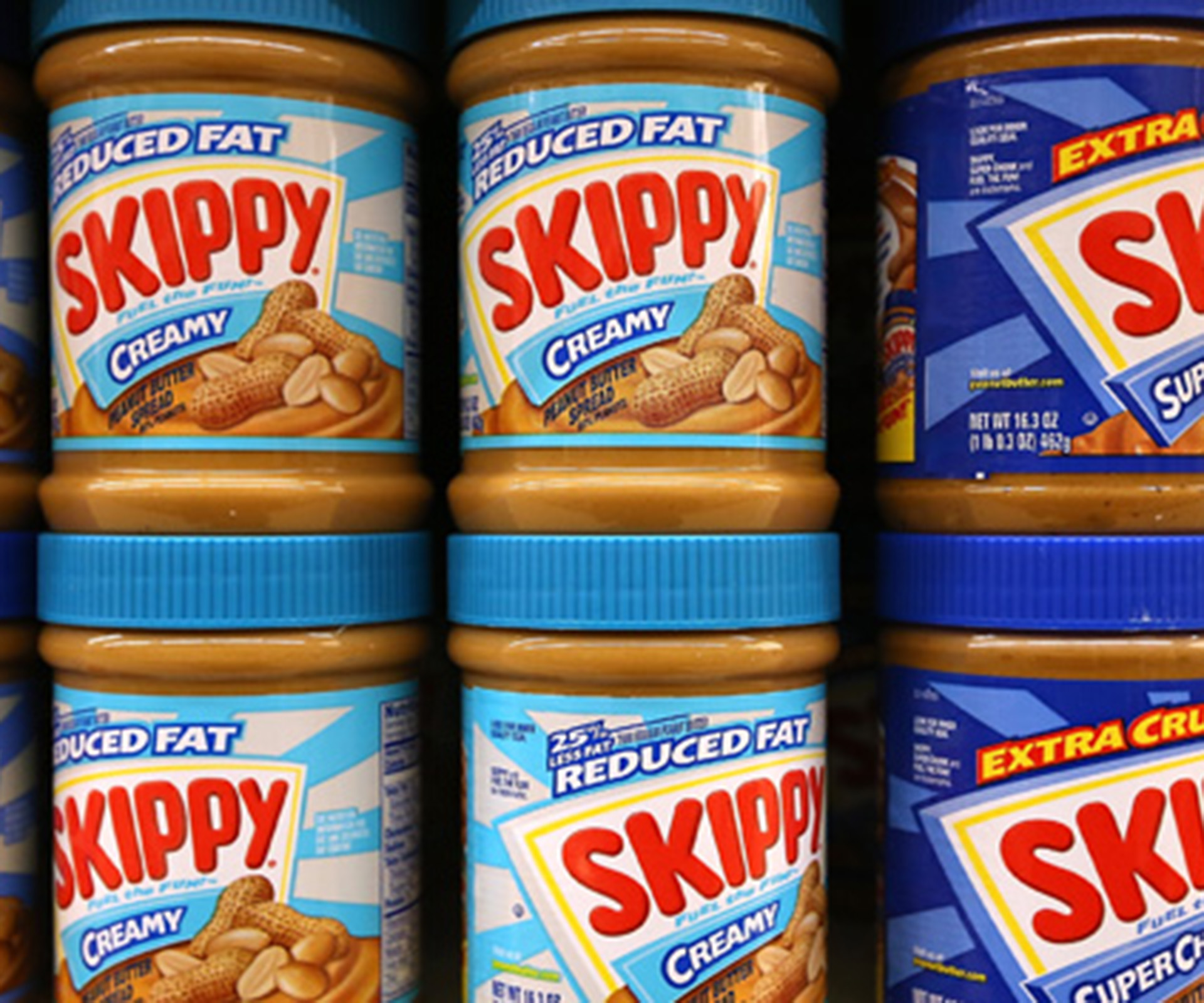Considering 3 per cent of Aussie children are allergic to peanuts, a number that has steadily increased over the last two decades, the idea of stopping this allergy in its tracks is a welcome one.
Well, research conducted for the Learning Early About Peanut (LEAP) study makes a case for exactly that; a panel of experts have published new guidelines around when to introduce kids to certain foods in order to stop them from developing an allergic reaction.
The concept is that the earlier children are introduced to foods they may be allergic to, the bigger chance they have to stave off an allergy.
As reported by Refinery 29, the new guidelines have been broken off into three categories that are all based on how likely a child will develop an allergy.
First up, for children who have sever eczema and/or an egg allergy and considered high risk for a peanut allergy, parents are recommended to feed their child foods containing peanuts between four and six months of age.
Parents are also advised to get their child tested for this allergy by booking them in for a blood test.
The second category is for low-risk kids – those who have mild to moderate eczema; parents are recommended to give their child peanut foods at six months old.
The final category for children who have no real risk of developing a peanut allergy (they don’t have any family history of food allergies or eczema). These children can be fed peanuts from when solids are introduced.
If you are unsure if your child is a high, low or at no risk of developing a peanut allergy, consult your doctor before introducing them to peanut foods.


